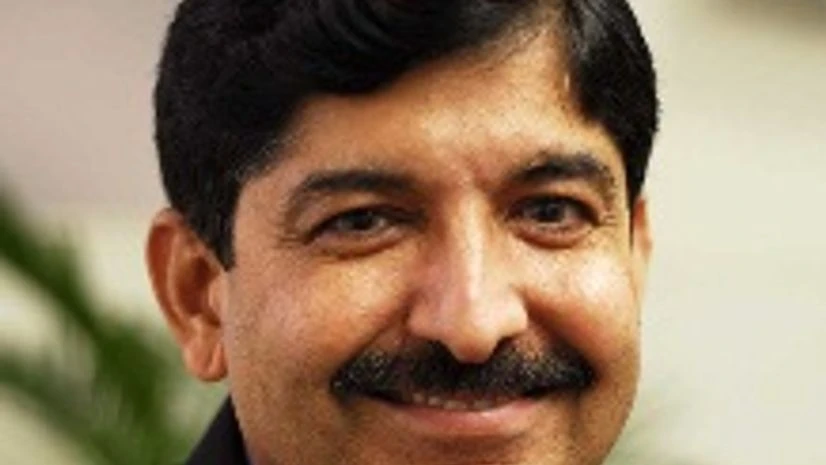2014 will go down in history books as the year India elected a majority right-of-centre government, an event that could be as epoch making as the one that heralded the advent of shareholder democracy and the end of militant trade unionism three decades ago in the Margaret Thatcher-Ronald Reagan era.
The equity markets have been celebrating the hopes generated by the change with a spectacular rally but, admittedly, corporate earnings growth continues to meander along the slow lane. The three major problems that needed attention from the new government were a fear of decision making in the government, clearing the logjam in environment clearance and natural resources allocation, and settlement of overdues to vendors by the government and its agencies. Some initial steps in addressing these are visible but a lot more needs to be done before entrepreneurs have the confidence to invest in new projects and capacity expansion.
Despite the 30-plus per cent gain in the Nifty in 2014, at under 15 times one-year forward earnings, the market has further scope for appreciation if the earnings growth momentum picks up, on the back of a turnaround in the economy in 2015. Assuming the promises the PM has received from the countries he has visited do fructify, foreign inflows of risk capital should keep markets buoyant.
India is indeed fortunate to benefit from unexpectedly low crude oil prices. It stands out among the competing emerging market (EM) economies, many of which have unstable governments, faltering economies, stressed financial systems and acute vulnerability to commodity price deflation. India is, therefore, expected to receive a disproportionately large share of EM allocations from global investors in 2015. If the government walks the talk on economic reforms and the "ease of doing business", the markets should continue to cheer, with at least a 15 to 16 per cent return in 2015, in tune with historical averages.
This is, of course, contingent on an orderly and gradual monetary tightening in America, a semblance of economic stability in Europe, aided by possibly increased monetary easing, speedy resolution of Russia's economic woes and China being successful in dealing with economic downturn. Nearer home, the government needs to single-mindedly pursue a development agenda and contain fringe elements that have the potential to disturb social harmony.
U R Bhat,
Director, Dalton Capital Advisors
Director, Dalton Capital Advisors

)
